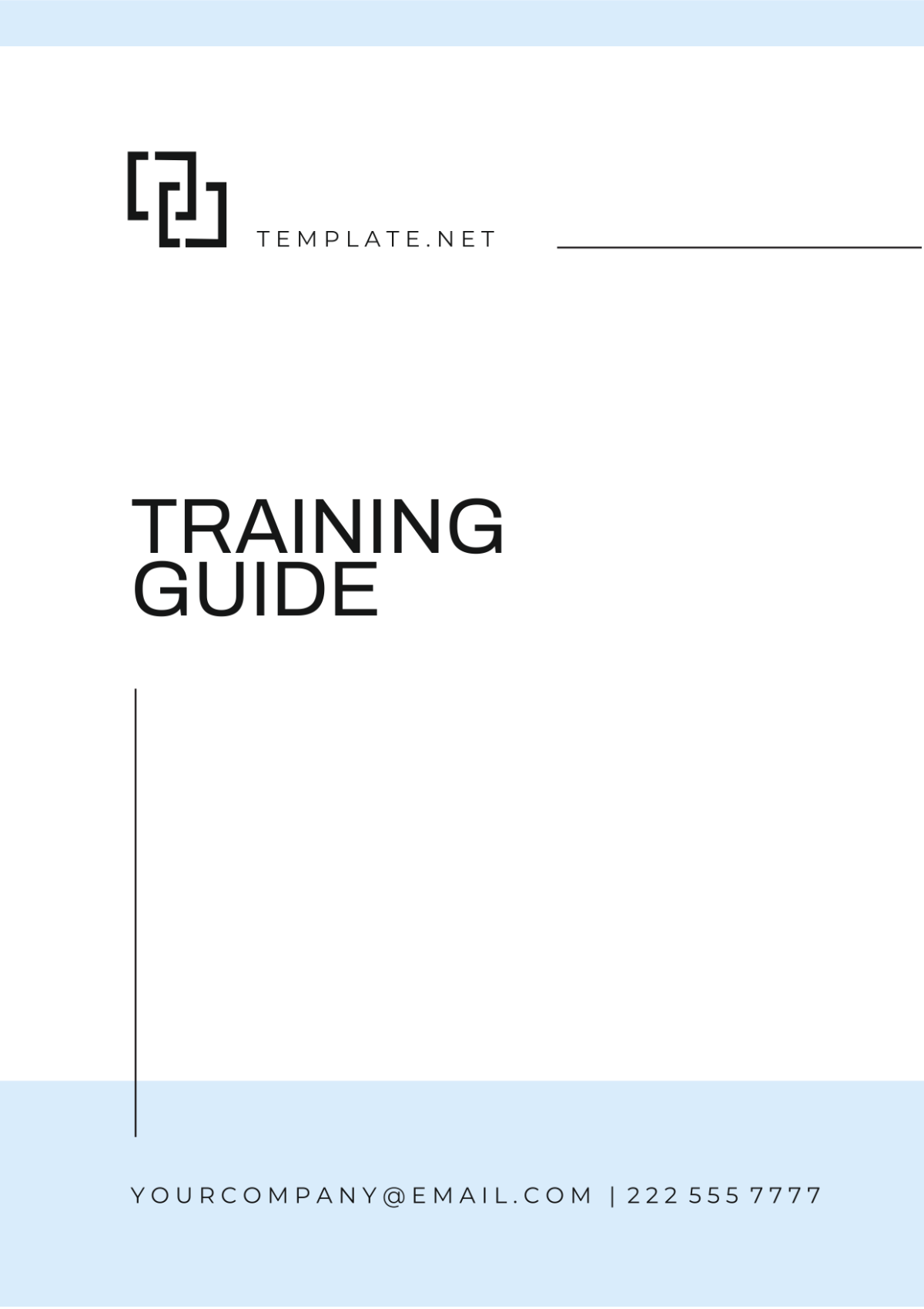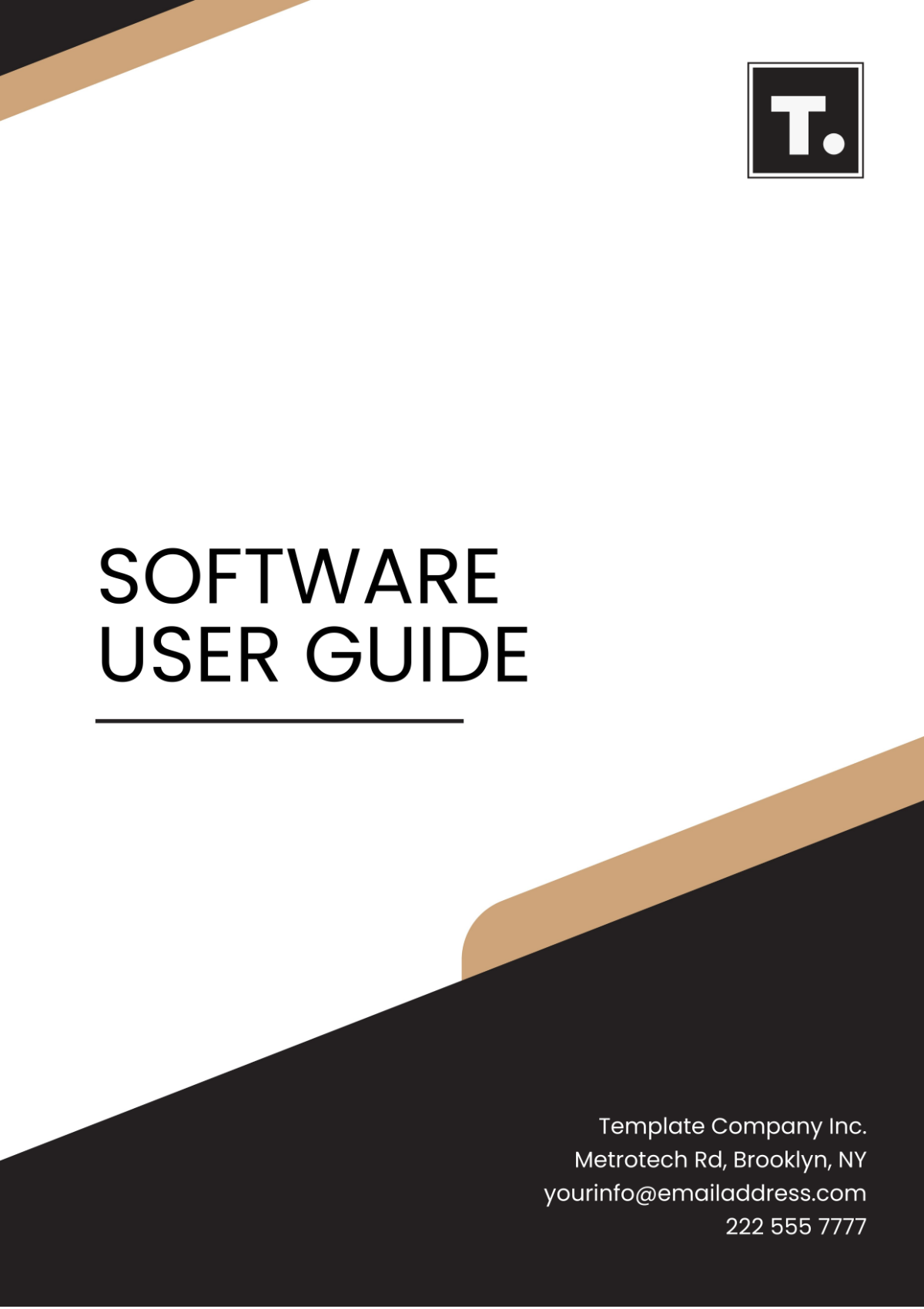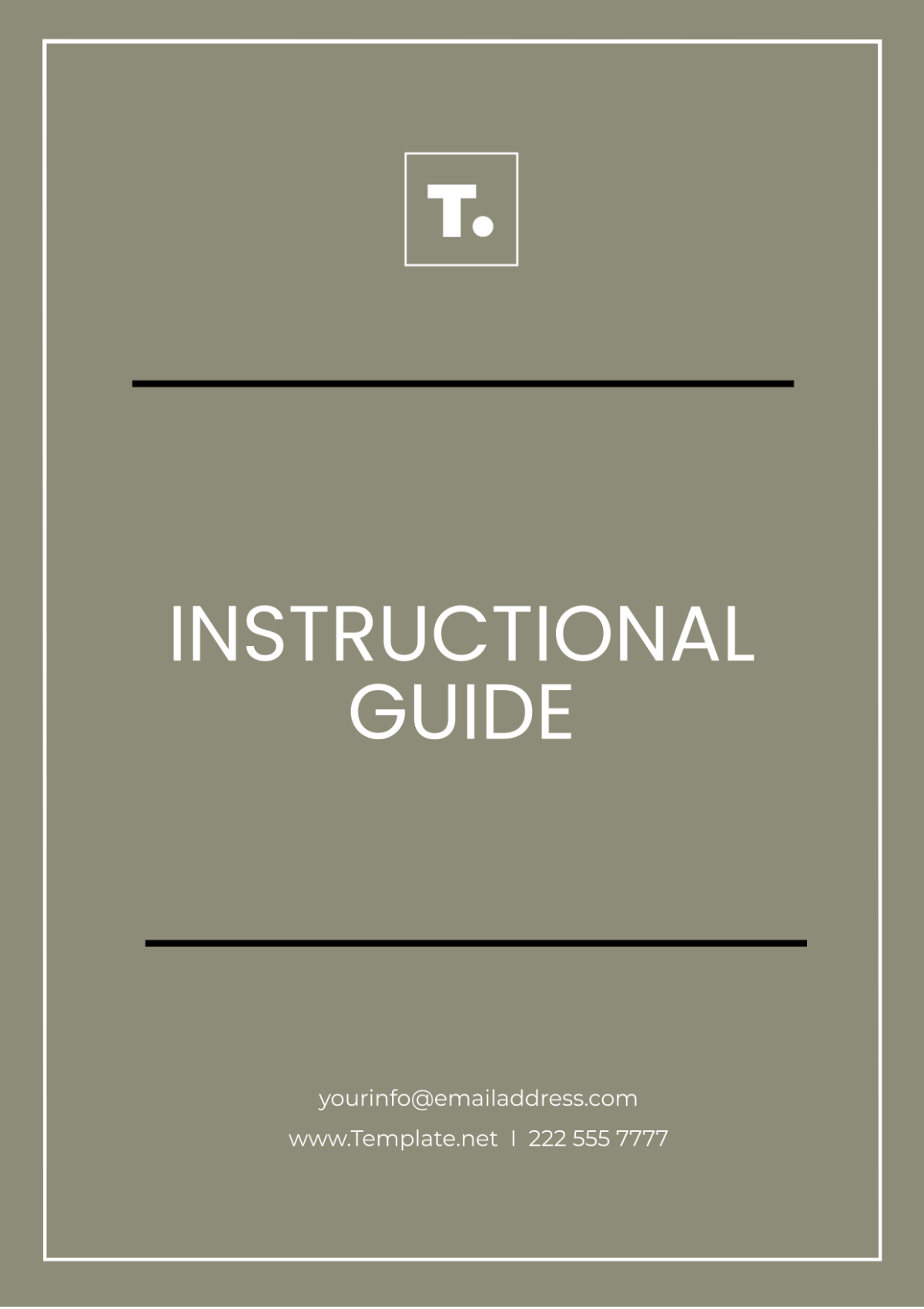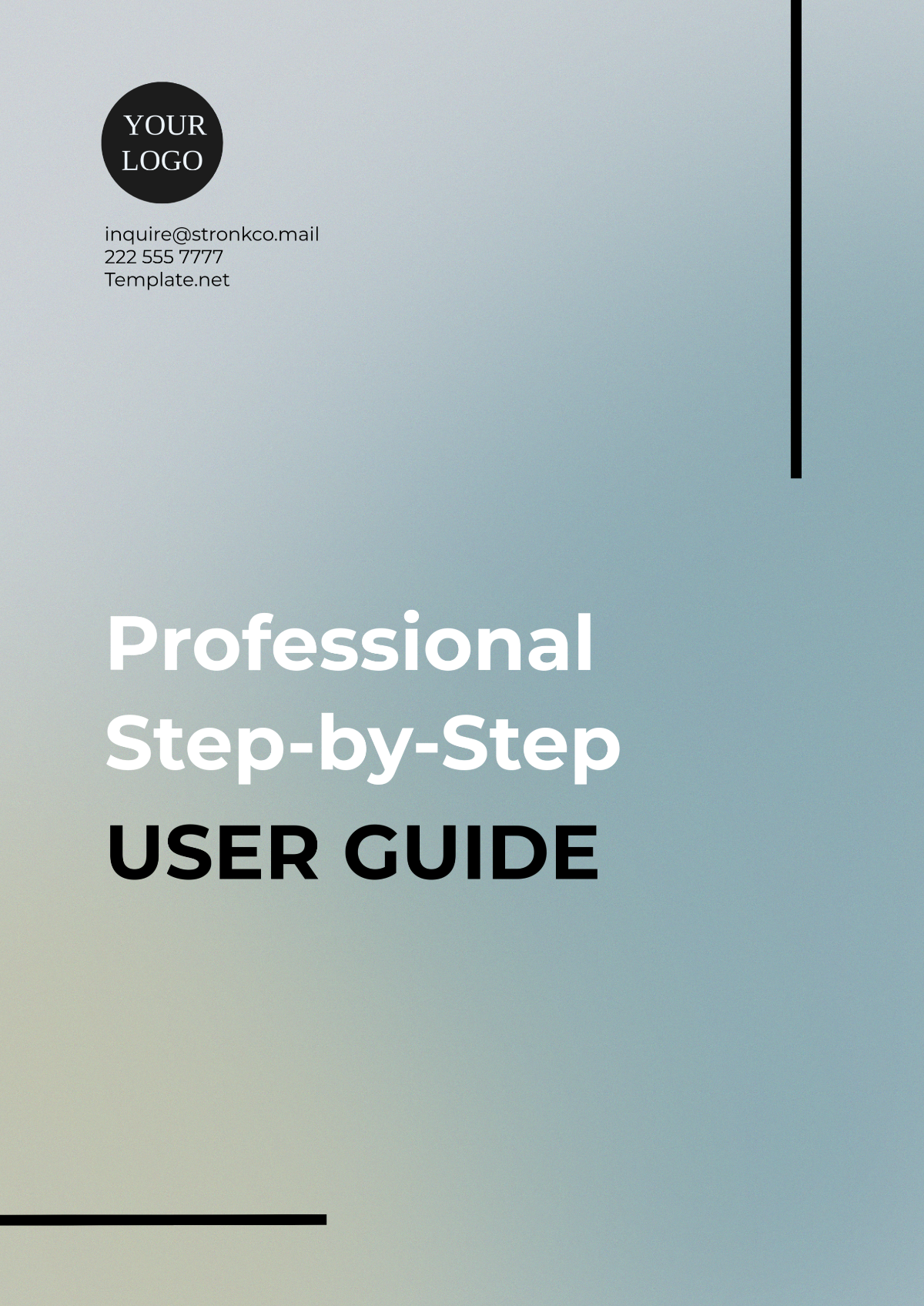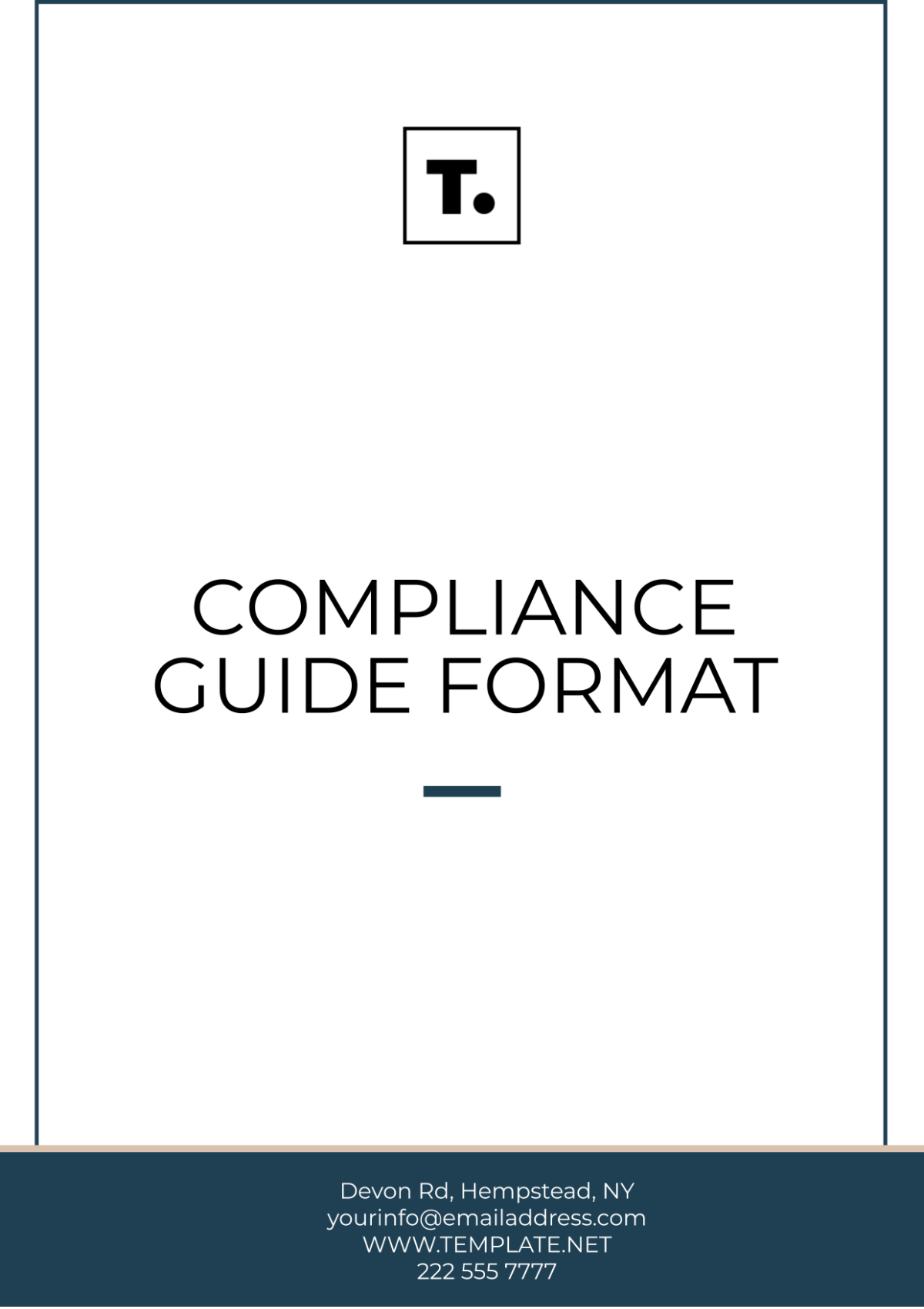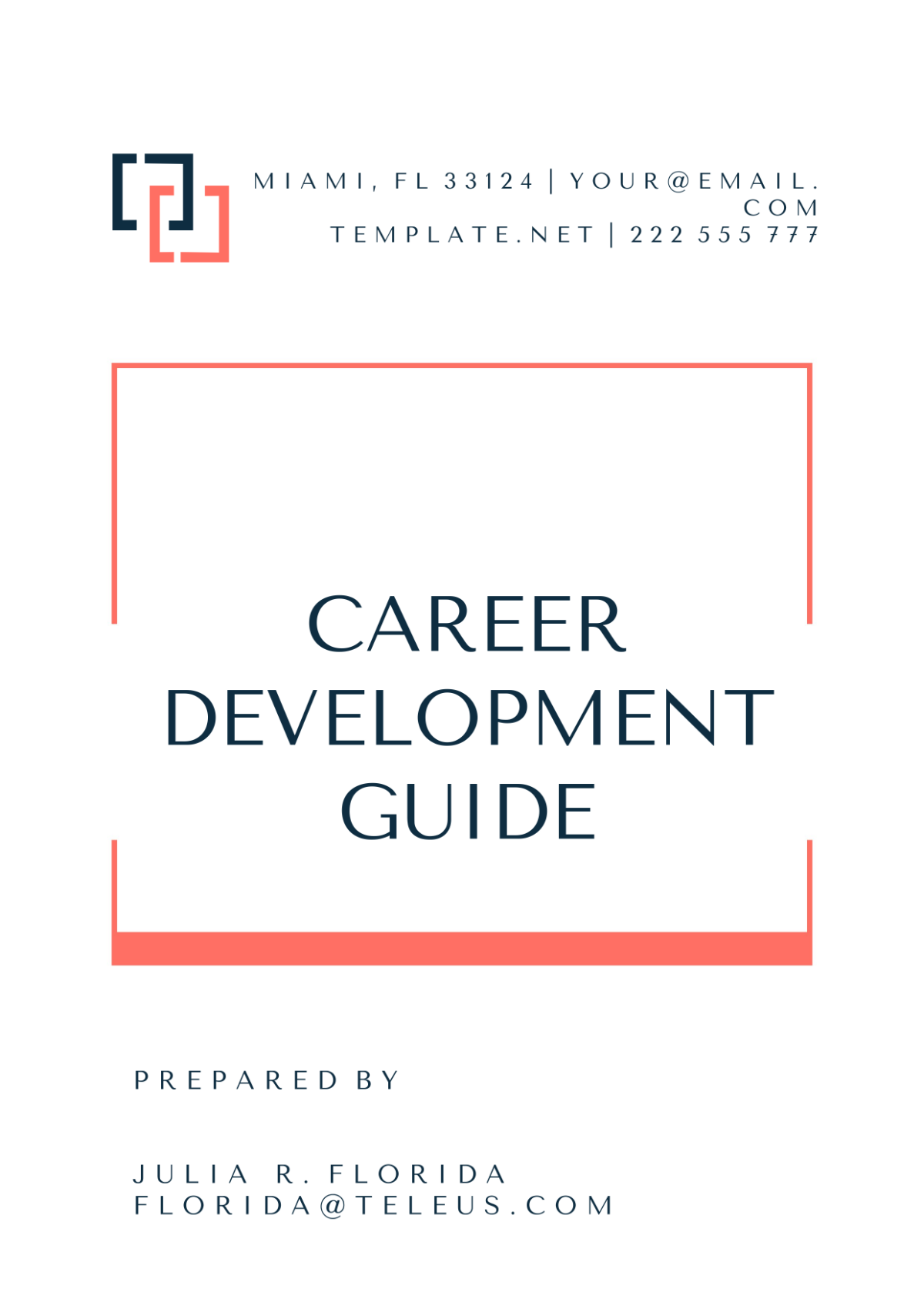Pathophysiology Study Guide
I. Introduction
Welcome to the [YOUR COMPANY NAME] Pathophysiology Study Guide! This comprehensive guide is designed to assist you in mastering the complex concepts of pathophysiology, enabling you to understand the underlying mechanisms of disease processes. Whether you're a [MEDICAL STUDENT/HEALTHCARE PROFESSIONAL/INTERESTED INDIVIDUAL], this guide will provide you with valuable insights and resources to enhance your understanding. For any inquiries or further assistance, feel free to contact [YOUR COMPANY NAME] at [YOUR COMPANY EMAIL] or call us at [YOUR COMPANY NUMBER].
II. Understanding Pathophysiology
A. Definition and Scope
Gain an understanding of what pathophysiology entails and its significance in the field of healthcare.
Explore the scope of pathophysiology, including its relevance to [DISEASE DEVELOPMENT/PROGRESSION/TREATMENT].
B. Basic Concepts
Familiarize yourself with key terminology and concepts in pathophysiology, such as [HOMEOSTASIS/CELLULAR INJURY/INFLAMMATION].
Understand the principles of cellular adaptation, including [HYPERTROPHY/HYPERPLASIA/ATROPHY/METAPLASIA].
III. Disease Processes
A. Cardiovascular System
Study the pathophysiology of common cardiovascular disorders, including [HYPERTENSION/CORONARY ARTERY DISEASE/HEART FAILURE].
Explore the mechanisms underlying [CARDIAC ARRHYTHMIAS/VASCULAR DISEASES].
B. Respiratory System
Examine the pathophysiology of respiratory conditions such as [ASTHMA/COPD/PNEUMONIA].
Understand the role of [INFLAMMATION/AIRWAY OBSTRUCTION/IMPAIRED GAS EXCHANGE] in respiratory diseases.
C. Gastrointestinal System
Learn about the pathophysiology of gastrointestinal disorders, including [GERD/PEPTIC ULCER DISEASE/IBD].
Explore the mechanisms of [MALABSORPTION/INTESTINAL MOTILITY DISORDERS/LIVER DISEASES].
D. Endocrine System
Study the pathophysiology of endocrine disorders such as [DIABETES MELLITUS/THYROID DISORDERS/ADRENAL INSUFFICIENCY].
Understand the hormonal imbalances and metabolic dysregulation associated with endocrine diseases.
IV. Study Strategies
A. Concept Mapping
Create concept maps to visually organize the interconnected pathways and mechanisms involved in different disease processes.
Use color coding and diagrams to represent the relationships between various factors contributing to disease development.
B. Case Studies
Analyze case studies to apply theoretical knowledge of pathophysiology to real-life clinical scenarios.
Discuss the etiology, pathogenesis, clinical manifestations, and treatment approaches for different diseases presented in case studies.
V. Review and Assessment
A. Self-Assessment
Test your understanding of pathophysiology concepts through self-assessment quizzes and practice questions.
Identify areas of strength and weakness to focus your review efforts effectively.
B. Peer Discussion
Engage in peer discussions and study groups to exchange ideas, clarify concepts, and reinforce learning.
Collaborate with peers to solve challenging clinical scenarios and discuss evidence-based management strategies.
VI. Conclusion
Mastering pathophysiology is essential for healthcare professionals to diagnose, treat, and manage various diseases effectively. By utilizing the resources and strategies outlined in this Pathophysiology Study Guide, you can enhance your understanding of disease processes and contribute to improved patient care outcomes. Remember to stay engaged, curious, and committed to lifelong learning in the field of healthcare. Good luck on your pathophysiology journey!



